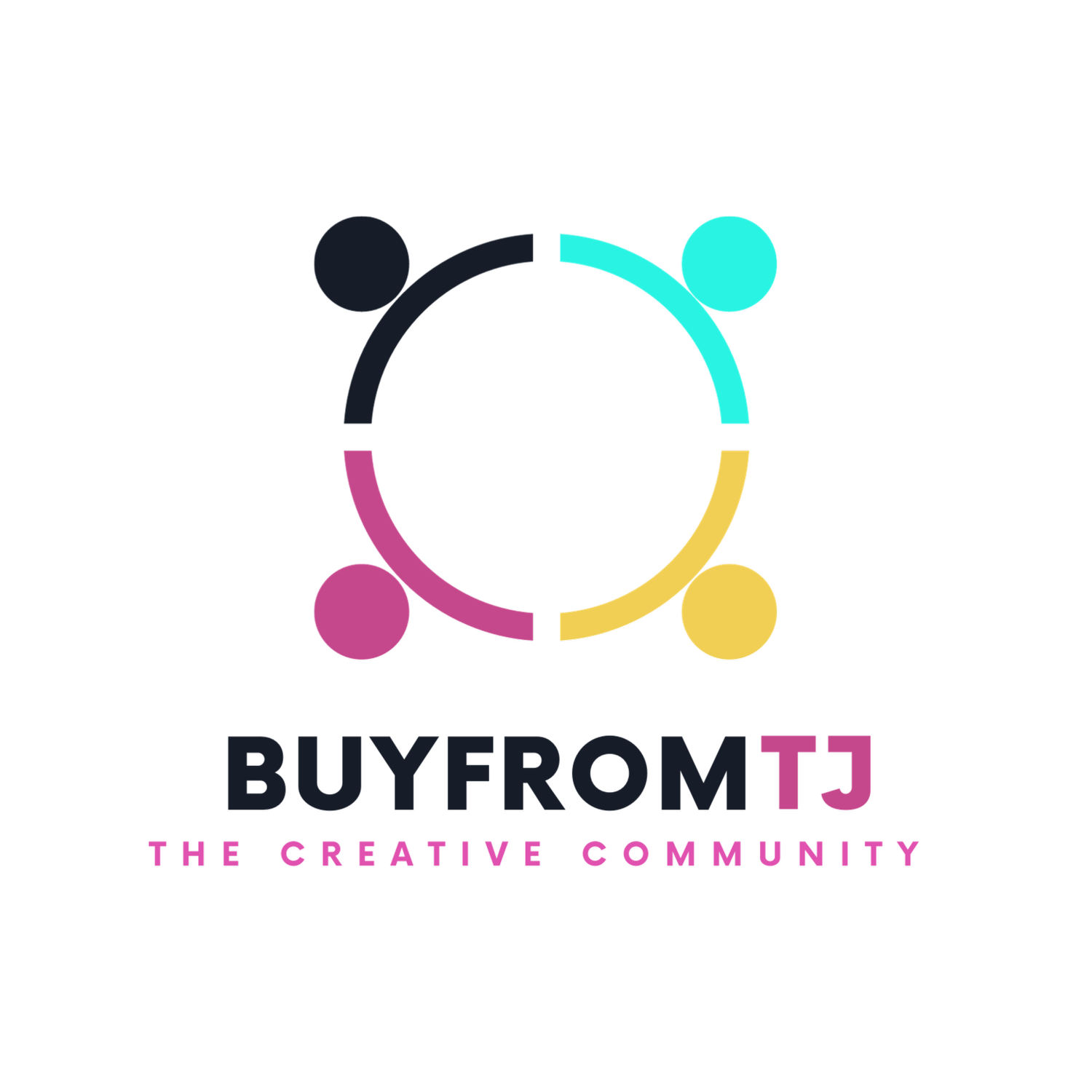Julie Greenwald: The Quiet Architect of Hip-Hop’s Commercial Shift
A Powerful Force in the Music Industry
Julie Greenwald stands as one of the most influential executives in the music world, guiding Atlantic Records to massive commercial success. But with great power comes great influence over not only what the public consumes but how an entire genre is shaped. As hip-hop has become the most dominant genre globally, Greenwald’s strategic decisions have played a significant role in driving this shift, but not without consequences. While her contributions to the genre's commercial expansion are undeniable, the question remains—at what cost to hip-hop’s core values and authenticity?
Commercialization Over Culture: A New Era for Hip-Hop
When Greenwald entered the scene, hip-hop was more than a genre; it was a cultural movement, a voice for the voiceless, and a tool for activism. Atlantic Records, under Greenwald's leadership, honed a strategy to maximize commercial success by signing artists who could cross over to pop markets, expand beyond traditional hip-hop themes, and appeal to wider audiences. In doing so, Atlantic moved away from hip-hop's foundational storytelling and social commentary, focusing instead on catchy hooks, viral potential, and mass appeal.
360 Deals: Controlling the Narrative and Artists’ Futures
One of Greenwald’s hallmark strategies has been pushing 360 deals—agreements where the label takes a share of all the artist’s revenue streams, including merchandise, touring, and endorsements. While profitable for the label, these deals often limit the creative and financial freedom of artists. The primary focus is no longer on the music and cultural message but on maximizing every aspect of an artist's marketability, leading to content that fits a commercial formula rather than pushing creative boundaries or representing deeper social issues.
Constructing a Marketable Hip-Hop Brand
Greenwald’s influence stretches beyond the contracts she creates to how hip-hop is consumed by the public. Her strategy with Atlantic has shaped a specific kind of artist—those who blend genres, use shock value, and appeal to pop trends. This has not only changed the sound of hip-hop but also altered its cultural landscape, where artists are chosen for their marketability over their connection to the culture’s core. Festivals, partnerships, and viral strategies are used to create artists who are “culturally safe” for broader audiences, often at the expense of authenticity.
Redefining Hip-Hop’s Cultural Direction
The Atlantic brand has helped turn hip-hop into a mass-market genre, but this has led to an environment where commercial success is valued over cultural authenticity. Greenwald’s decisions to shape public perception of hip-hop affect which voices are amplified and what narratives become dominant, often favoring content that appeals to new audiences while sidelining the genre’s traditional themes of community empowerment, struggle, and social change. This shift displaces the original voices of hip-hop, leaving little room for those who wish to use the genre as a platform for activism and community upliftment.
What is the Real Cost?
Julie Greenwald’s role as a powerful executive has undeniably propelled hip-hop into the mainstream and driven Atlantic Records to new heights of commercial success. However, this focus on profitability raises critical questions about the long-term impact on hip-hop’s culture and legacy. If hip-hop is to maintain its authenticity and roots, it needs a return to socially conscious messages, storytelling, and representing the struggles and triumphs of its community. True evolution in hip-hop doesn't come from marketable trends and commercial reach; it comes from staying grounded in the culture’s core values, building up communities, and representing the lived experiences of its people.
